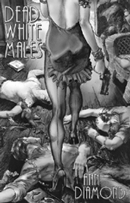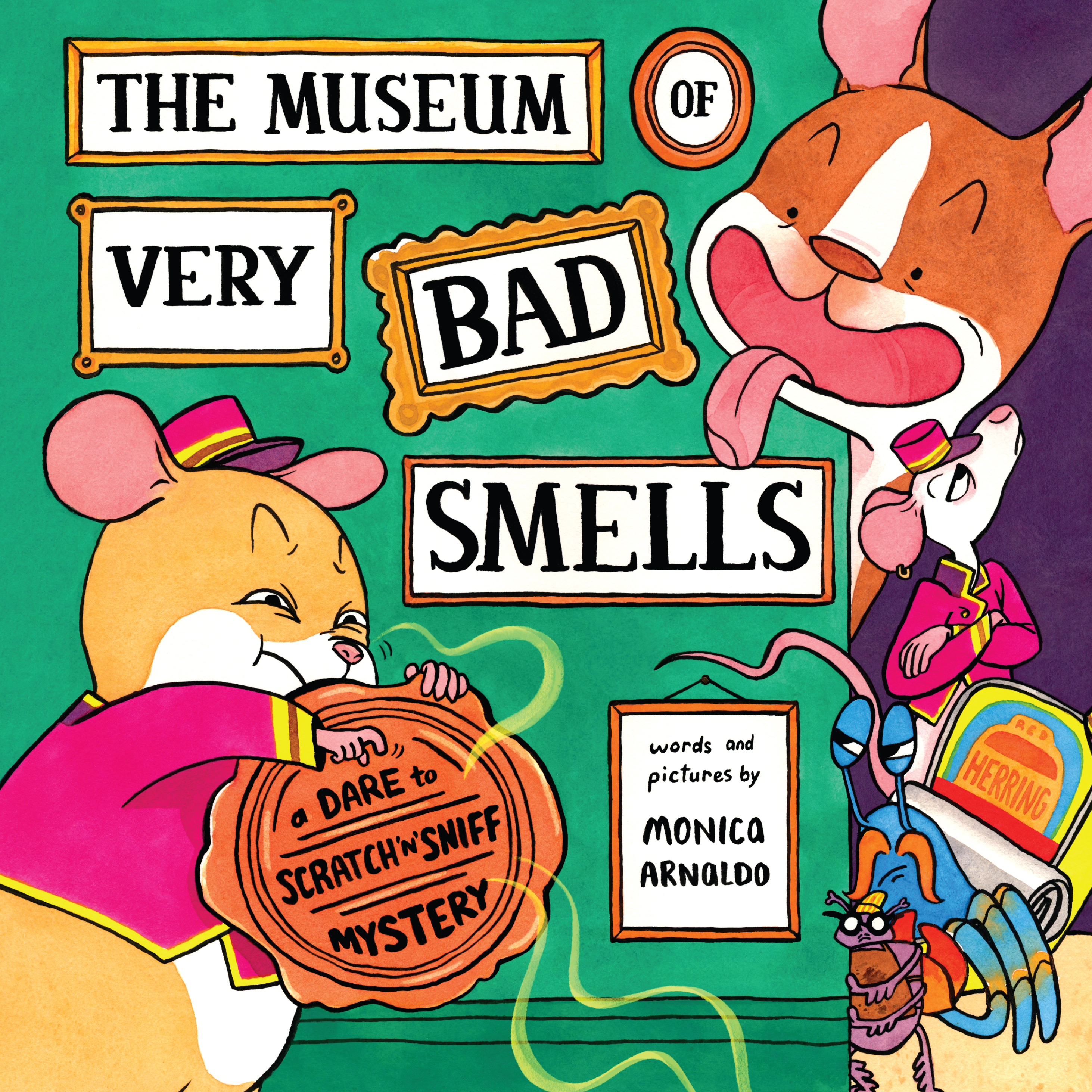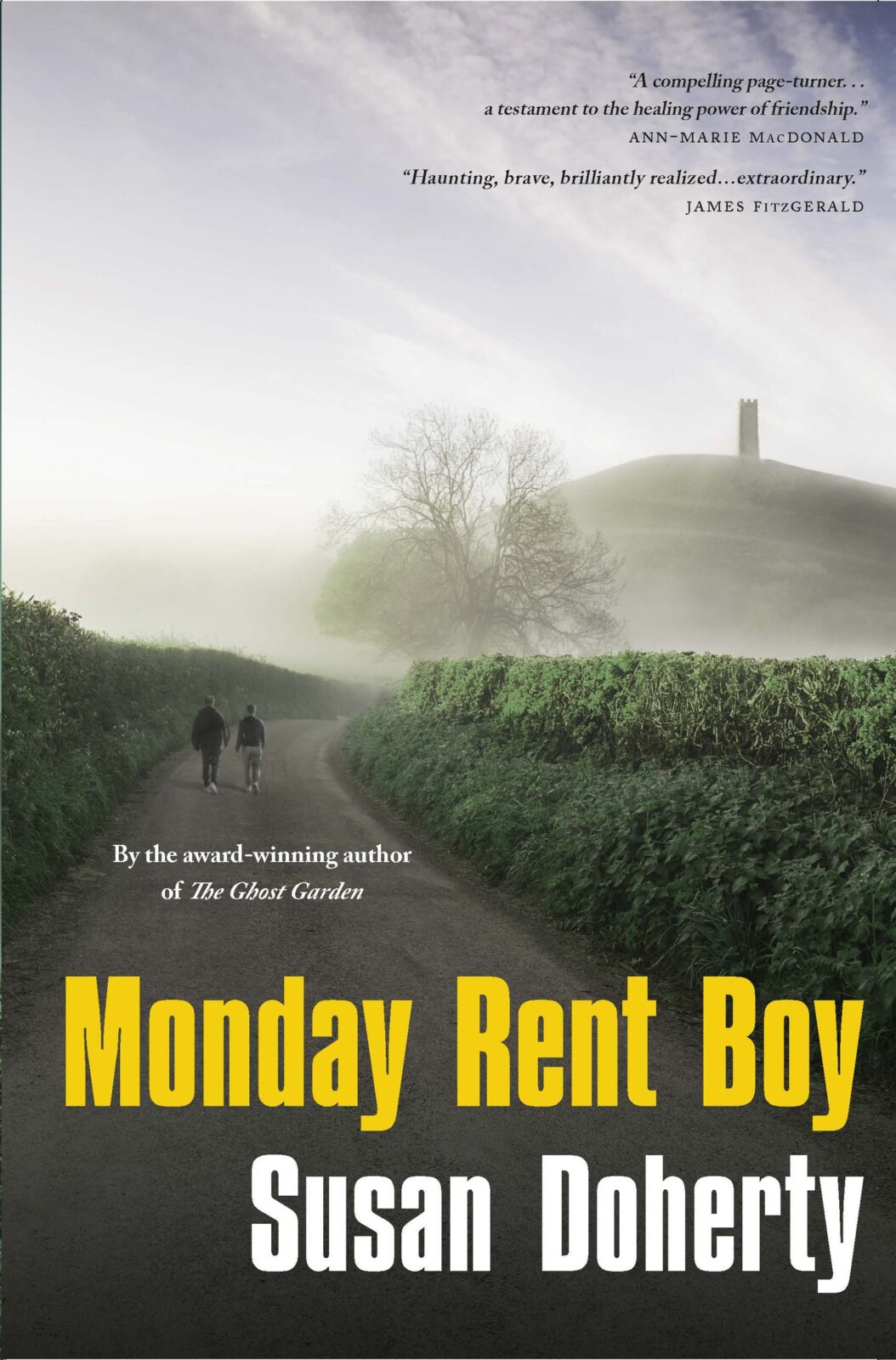
Dead White Males
Ann Diamond
Livres DC Books
$17.95
paperback
147pp
0-919688-70-5
Ann Diamond’s Dead White Males bills itself as an “unconventional whodunit” in which “Raymond Chandler and Philip K. Dick meet Virginia Woolf” (an encounter that would surely end in either a gang bang or tea). “Hallucinatory labyrinth” also appears, ominously, in the jacket copy.
Well, yes. The book begins in proper Philip Marlowe fashion with a private detective seated by his phone, waiting for something to happen. Diamond’s David Dennings is a dick with a difference: in addition to running the Ariadne Detective Agency, he’s also a sometime hairdresser. When an internationally famous rock star who bears a passing resemblance to Mick Jagger (“wearing a long white scarf, looking like Amelia Earhart”) asks Dennings to find a missing femme fatale, the quest begins. It’s a quest that is thwarted at every turn by other characters, other stories, and the author herself.
“Fiction,” the detective muses at one point, “has begun to bore me. It was ridiculous…making up stories about people when real life was…completely incomprehensible.” The logical leap made here may well leave some lagging behind on the far shore of bafflement. The ambiguous nature of existence could be seen as an argument in favour of fiction – we tell stories in an attempt to make sense of life’s mysteries. Also, if fiction bores so, perhaps the solution is to avoid either reading or committing it.
But Diamond has chosen to write a novel, in E.M. Forster’s succinct definition a work of prose fiction of a certain length. She must therefore attempt to divert herself in pursuit of such a tedious form. Hence the frantic dance of the po-mo tropes. Subplots are taken up only to be interrupted or abandoned. Characters change direction, motivation, voice, and gender with an abandon beyond whim. The created fictional world is thin, insubstantial, shifty, flat. Dribs and drabs of literary theory – roughly from post-structuralism and feminist-Freudianism to post-colonialism – spin randomly through characters’ minds and dialogue. Finally, the self-reflexiveness of the whole project – “I am a writer writing a book about a writer writing a book,” or “I am a can of tomatoes with a can of tomatoes on my label” – overwhelms all the other aforementioned elements as well as the reader itself. (As a neo-postmodernist critic, I’m trying for an ungendered voice here.)
There’s no doubt that Diamond is an intelligent, well-read person. She can also, on occasion, be quite witty: congenitally befuddled academics are described as “sheep gathering in a fog.” But Dead White Males is more a hasty sketch of a novel than the thing itself. The crucial parts, the ones that might make it work for a reader, remain stuck in the author’s head.
Detective Dennings’ agency is named after Ariadne, the Cretan princess who gave Theseus the ball of thread that would lead him away from the Minotaur and out of the labyrinth. Dead White Males is an hallucinatory labyrinth all right, but tripping in a maze gets tiresome if the author won’t give us enough thread to find our way through and out. mRb






0 Comments